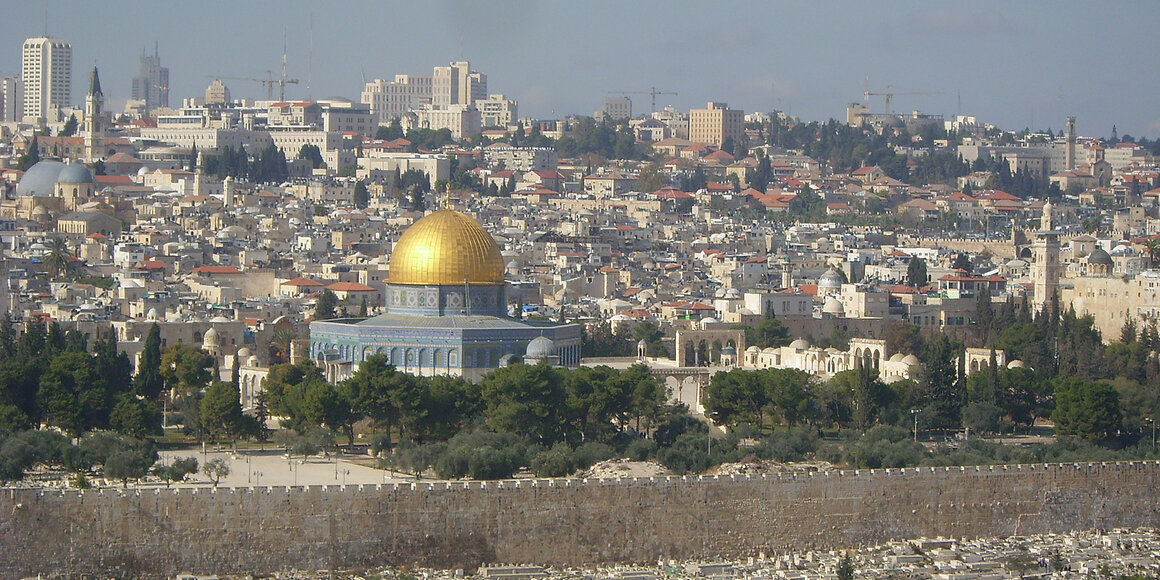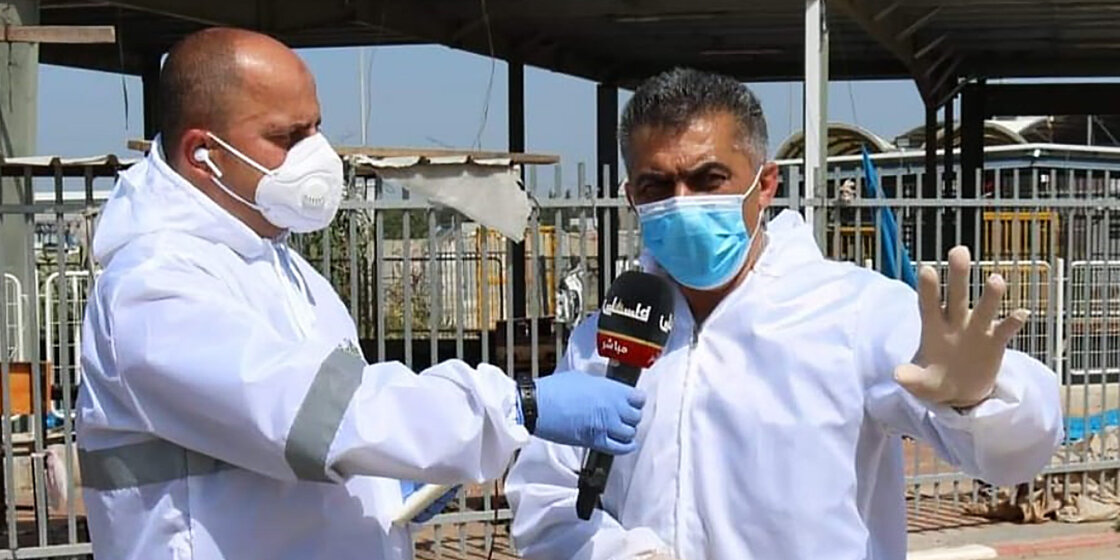Fifteen years of BDS has united all Palestinians and their supporters
Asa Winstanley
Middle East Monitor / July 9, 2020
Today marks 15 years since the official foundation of the Boycott, Divestment and Sanctions (BDS) movement in Palestine. The movement against Israeli apartheid has a long history and deep roots, but it was on 9 July 2005 that it was established formally with the publication of the “Palestinian Civil Society Call for BDS”.
Endorsed by essentially all of Palestinian civil society – unions, political parties, professional associations, women’s groups, human rights organisations and religious and cultural associations – the document called for a global BDS movement against Israeli’s violations of Palestinian rights. It is modelled on the successful movement to boycott apartheid South Africa, and is entirely peaceful.
The document is a key part of the history of the Palestinian liberation struggle. It is most notable for its clarity and principles, for making a set of three clear demands and for its unifying effect on the Palestinian body politic.
“Fifty seven years after the state of Israel was built mainly on land ethnically cleansed of its Palestinian owners,” it stated, “a majority of Palestinians are refugees, most of whom are stateless. Moreover, Israel’s entrenched system of racial discrimination against its own Arab-Palestinian citizens remains intact.”
In this way, BDS raised global consciousness of the fact that the Palestinians are, and have been since 1948, a diasporic people.
The settler-colonial Zionist movement’s expulsion of about 800,000 Palestinians in and around 1948 marked a stark break in Palestinian history. The expulsion and dispersion of the Palestinian people endures to this day, maintained by the racist state of Israel and its apartheid regime.
Despite their legitimate right to do so, the refugees expelled by Zionist militias since 1947 have never been allowed to return. This is the central fact, and the core injustice, which the Palestinian liberation struggle seeks to end.
Meanwhile, the Palestinians are divided physically between three broad constituent groups: the Palestinian citizens of Israel (aka the “Palestinians of ‘48”); those living under Israeli military occupation in the West Bank and Gaza Strip, many of whom are also refugees from their homes in what is now Israel; and other refugees who mostly live beyond the borders of historic Palestine. The first two groups maintain the Palestinian presence within their land — albeit not always their traditional home areas — despite more than a century of Zionist efforts to remove them.
The third group – the diaspora refugees – are the largest section of the Palestinian people. There is some crossover with the three sectors: many Palestinians in the West Bank and most in the Gaza Strip are also registered refugees.
The latest population estimates show that there are 13 million Palestinians in the world today, five million of whom live in the West Bank (including Jerusalem) and the Gaza Strip. This leaves some eight million Palestinians living in the rest of the world (including the two million who live within present-day Israel as second or even third class citizens). The majority of Palestinians in the world today are thus refugees; those expelled from their homes by Zionist militias and the state of Israel since 1947, as well as their descendants.
One of the most successful and insidious tools in the Israeli colonial control kit has been that mainstay of imperialism: divide and rule. In this way, Israel has attempted to impose divisions among the Palestinian body politic in every way conceivable: religious, ethnic, spacial and geographical, cultural and even sexual.
Some of these divisions have been successful, some have been total failures (the attempt to divide Palestine’s Christian population from its Muslim majority, for example) and others have had mixed results. But the genius of the BDS call document was to reunite all of these sectors back into one body politic, aided by the fact that the Palestinians themselves have never accepted such divisions.
The BDS movement, therefore, has raised the consciousness of the world that that Palestinians are one people.
Too often during the era of the Oslo Accords, the phrase “the Palestinians” referred only to those within the West Bank and the Gaza Strip, an important sector no doubt, but a minority of the overall population. Thus, for example, only those in the occupied Palestinian territories were allowed to vote in elections for the Palestinian Legislative Council and for the Palestinian Authority presidency.
The BDS efforts in this respect began in the preamble from which I quoted earlier. It was, though, embodied more than anything in the three demands of the BDS movement. These are key, because for any political campaign to succeed, it must have concrete principles. Moreover, for any boycott to win, it must not be open ended; it must have a goal in sight. The three demands of the BDS movement on Israel, as enshrined in the BDS document dated 9 July 2005, are:
- An end to the occupation (including Israeli occupation of other Arab lands, such as the Golan Heights);
- Full equality for everyone between the Jordan River and the Mediterranean Sea; and
- The realisation of the right of Palestinian refugees to return in line with UN resolution 194.
Over the course of the 15 years of the BDS movement, international solidarity with the Palestinian struggle has faced many challenges and many divisions. However, it remains broadly united on these three main points. That has been the achievement of BDS. Above all else, it has been the achievement of the Palestinian people themselves.
As leading Palestinian intellectual Joseph Massad has put it, the Palestinian people have stubbornly refused to capitulate, or to concede that they are a conquered people destined for the dustbin of history: they “have ‘missed every opportunity’ to recognise the right of their oppressors to oppress them.”
Asa Winstanley is an investigative journalist living in London who writes about Palestine and the Middle East
https://palestina-komitee.nl/fifteen-years-of-bds-has-united-all-palestinians-and-their-supporters/



